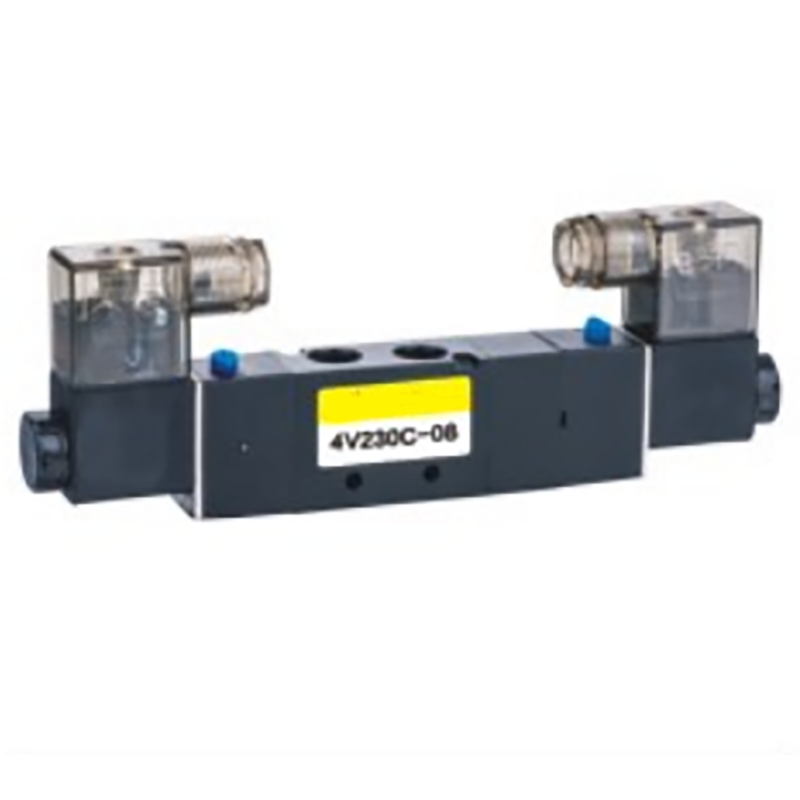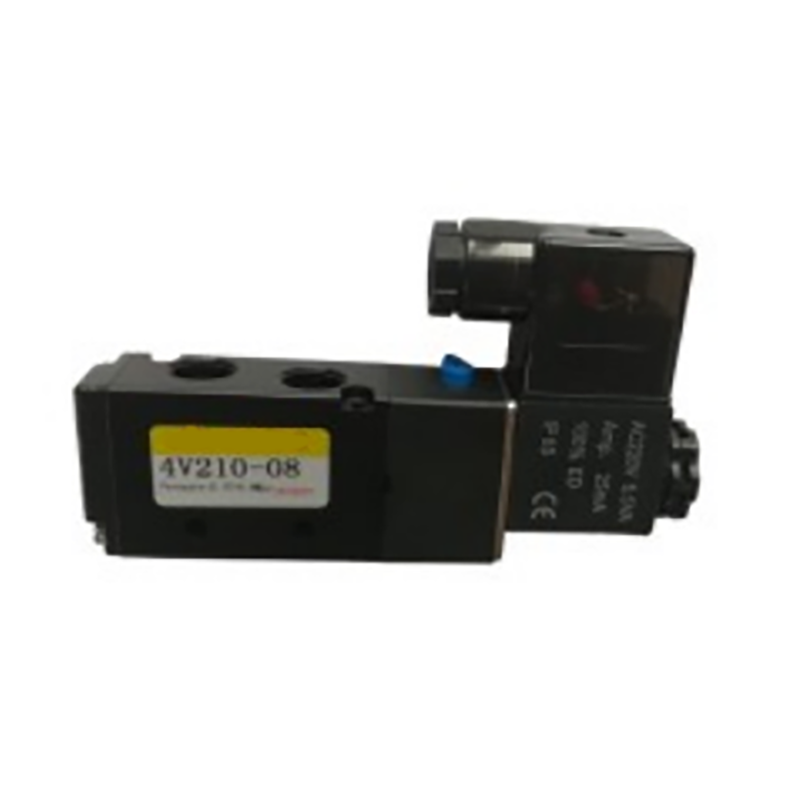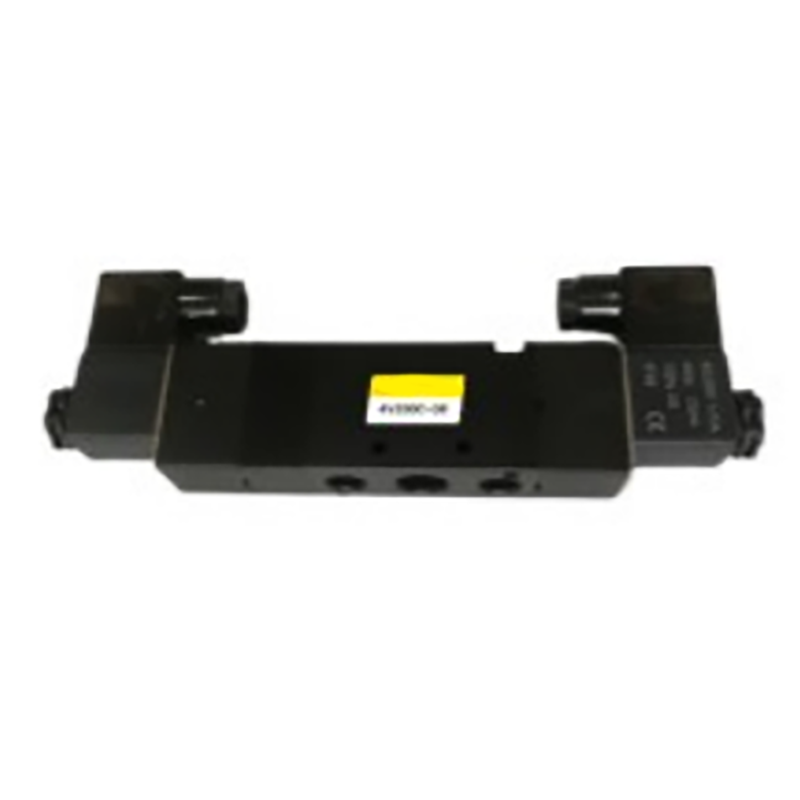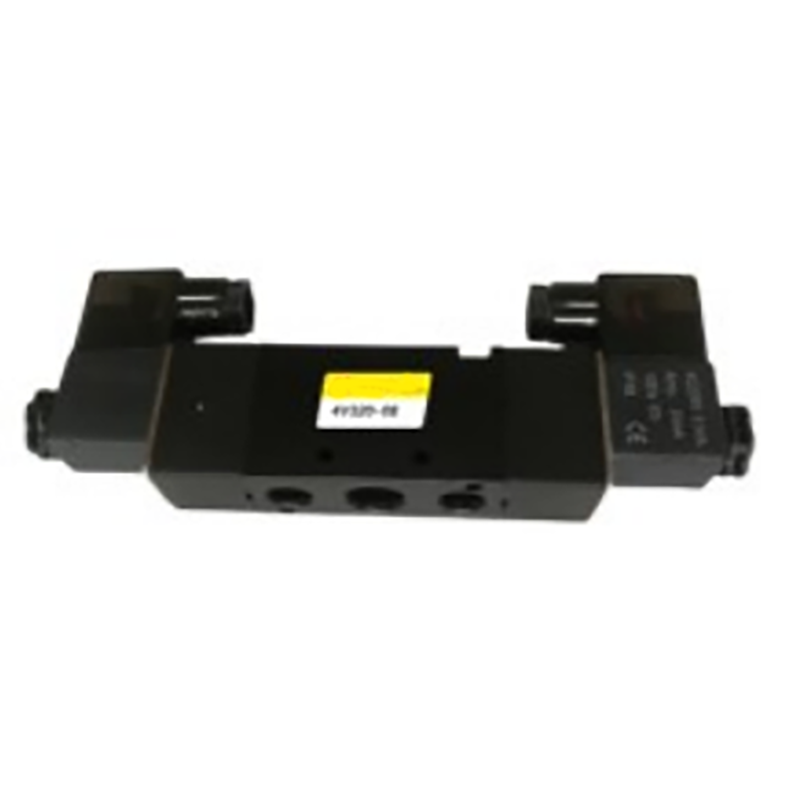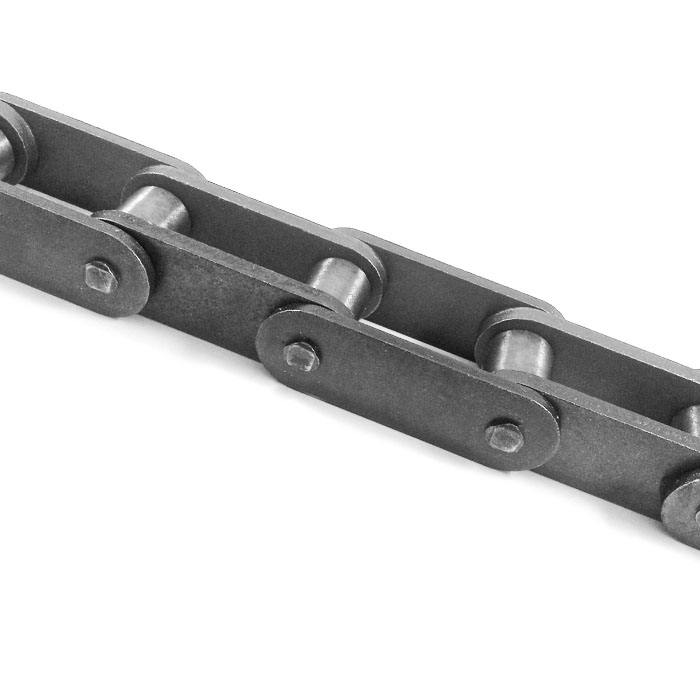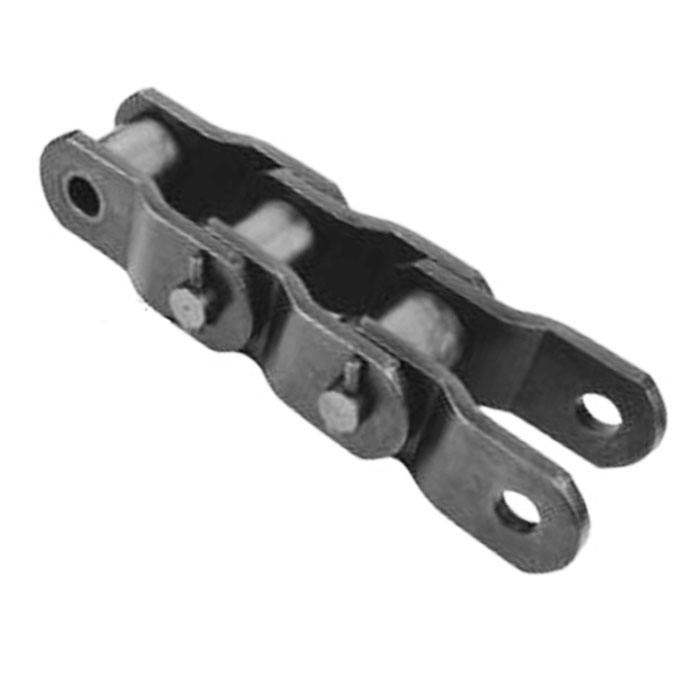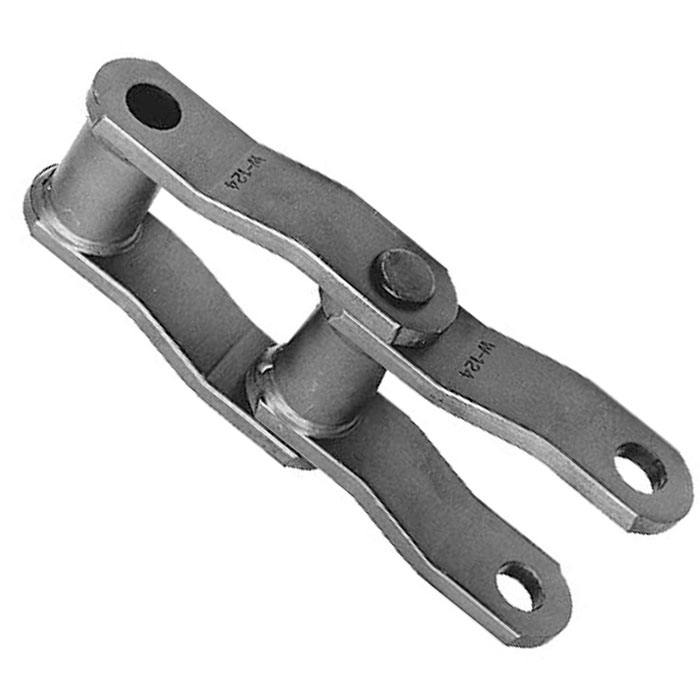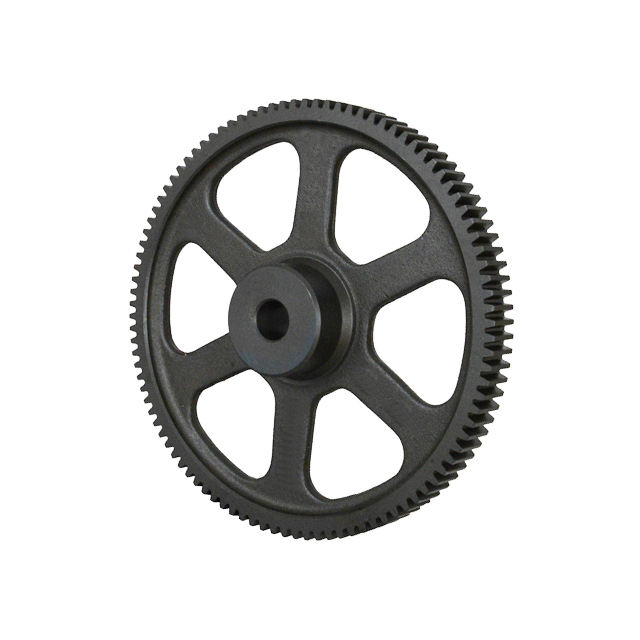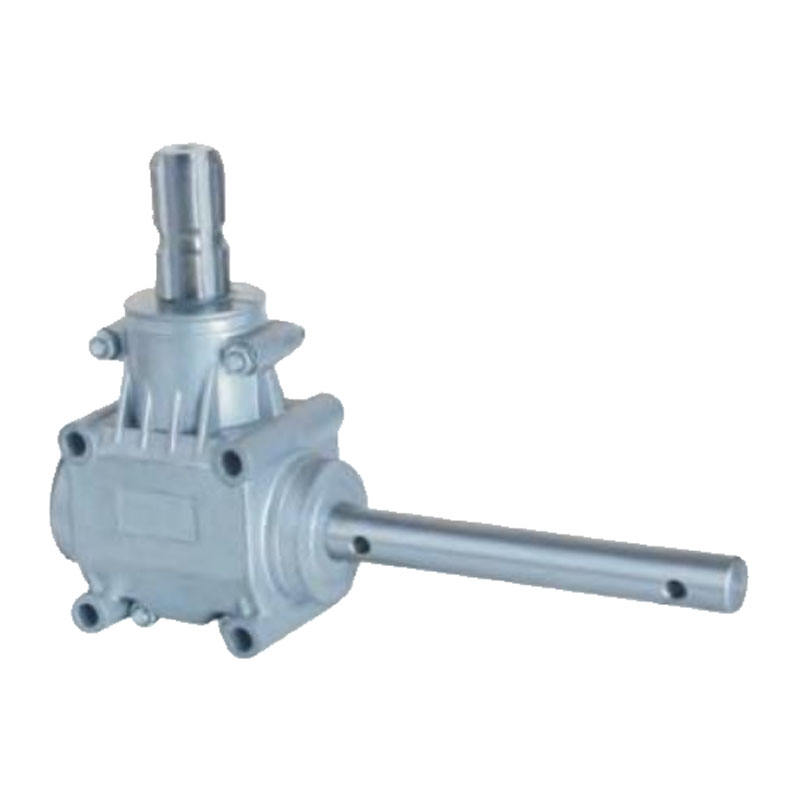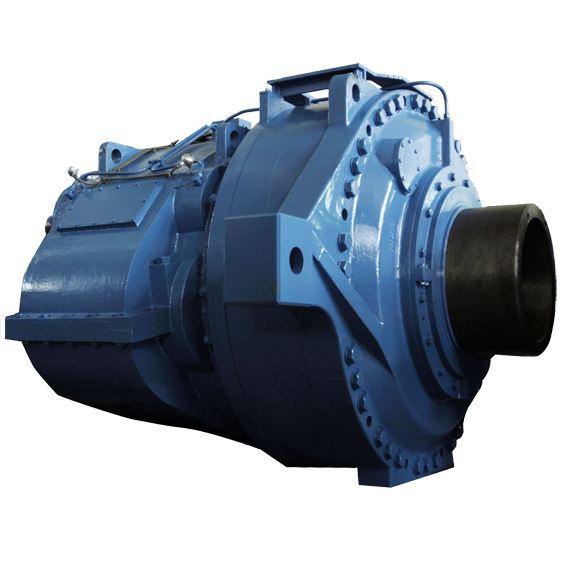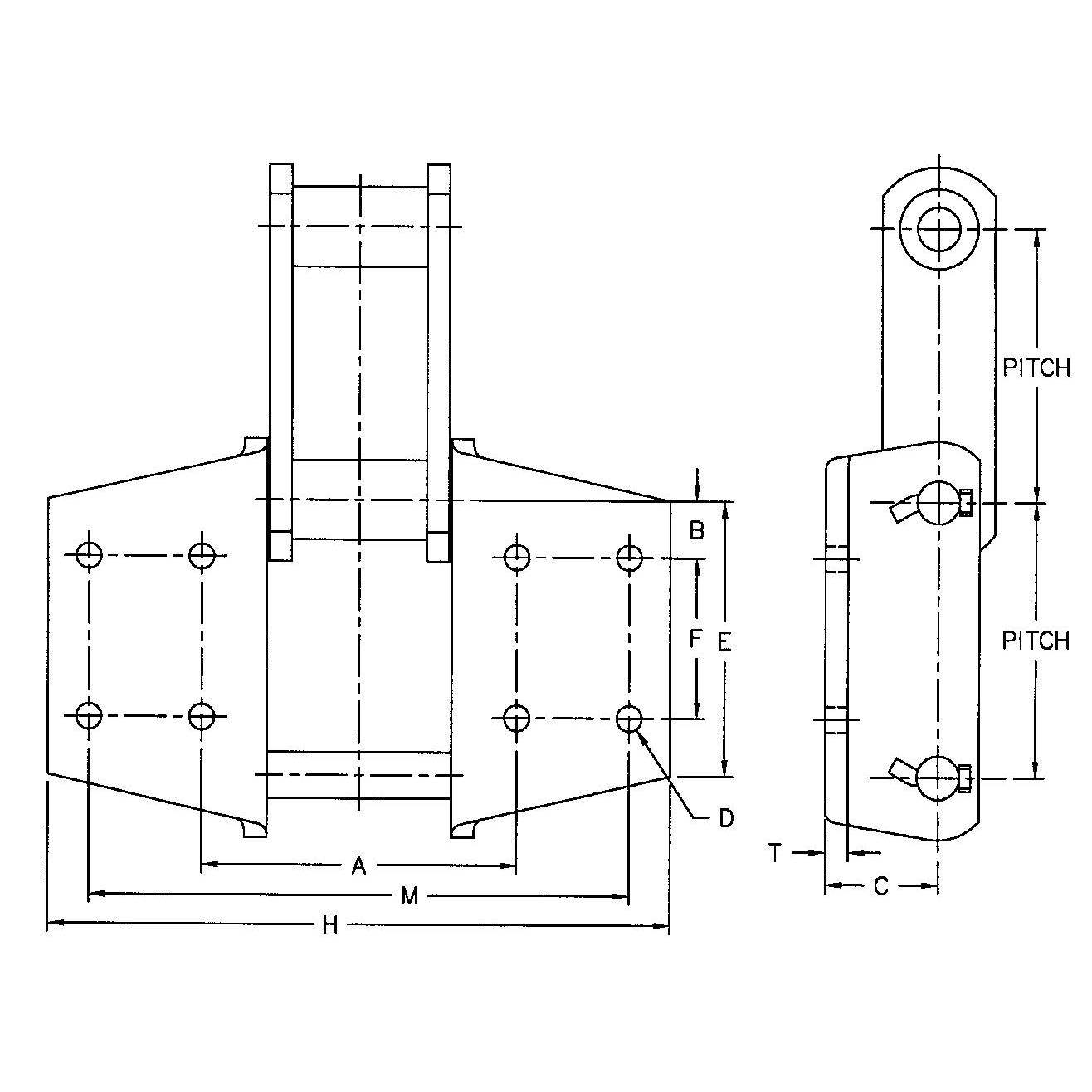For decades, Engineering Chains have been the backbone of heavy-duty industrial operations, offering unparalleled strength, durability, and reliability. Our Engineering Chains are meticulously crafted using advanced manufacturing techniques and premium materials to meet the rigorous demands of various sectors, including manufacturing, construction, mining, and logistics. With a commitment to innovation and quality, our chains ensure seamless power transmission and load handling, reducing downtime and enhancing operational efficiency. In this comprehensive guide, we delve into the intricate details of our Engineering Chains, covering product parameters, specifications, and answering frequently asked questions to help you make an informed decision.
Our Engineering Chains are designed with precision to deliver optimal performance in the most challenging environments. Below is a detailed overview of the essential parameters that define our product line.
Our Engineering Chains are versatile and compatible with a wide array of machinery, including conveyors, hoists, drives, and lifting equipment. They are certified for use in industries such as automotive assembly, aerospace, and marine operations, adhering to global safety standards like ANSI, ISO, and DIN.
What materials are used in Engineering Chains, and why are they important?
Engineering Chains are primarily made from high-carbon or alloy steels, which provide exceptional tensile strength and durability. The material choice is crucial as it determines the chain's ability to handle heavy loads, resist wear, and operate in extreme temperatures. Heat treatment processes further enhance these properties, ensuring reliability in demanding applications like mining or construction.
How do I select the right Engineering Chain for my application?
Selecting the appropriate chain involves considering factors such as load capacity, environmental conditions, and speed requirements. Refer to the working load limit (WLL) and breaking load specifications in our tables. For corrosive environments, opt for coated chains. Always consult engineering guidelines or our support team to match the chain to your machinery's specifications, ensuring safety and efficiency.
What maintenance is required for Engineering Chains?
Regular maintenance includes lubrication to reduce friction and wear, inspection for signs of corrosion or damage, and tension checks to prevent overloading. For chains in high-stress applications, perform periodic non-destructive testing (e.g., magnetic particle inspection) to detect internal flaws. Follow manufacturer recommendations for service intervals to maximize lifespan and prevent failures.
Are Engineering Chains customizable for specific needs?
Yes, we offer customization options including special pitches, coatings, and attachments to suit unique operational requirements. Provide details such as load dynamics, environmental exposure, and dimensional constraints, and our engineering team can tailor chains for optimal performance, whether for custom machinery or standardized systems.
What safety standards do Engineering Chains comply with?
Our chains meet international standards such as ANSI (American National Standards Institute), ISO (International Organization for Standardization), and DIN (Deutsches Institut für Normung). These certifications ensure that the chains undergo rigorous testing for load capacity, material integrity, and safety, making them suitable for global industrial use without compromising on reliability.
How does temperature affect Engineering Chain performance?
Temperature variations can impact material properties; our chains are designed to operate within -40°F to 400°F. In colder environments, materials may become brittle, so select chains with appropriate toughness ratings. For high-temperature applications, choose heat-resistant alloys to maintain strength and prevent premature failure. Always consider the operational temperature range when specifying chains.
Can Engineering Chains be used in food processing or pharmaceutical industries?
Yes, we offer food-grade and pharmaceutical-compliant chains made from stainless steel with special coatings to resist corrosion and meet hygiene standards (e.g., FDA approval). These chains are easy to clean and designed to prevent contamination, making them ideal for applications where cleanliness is paramount, such as conveyor systems in food production lines.
What is the typical lifespan of an Engineering Chain?
The lifespan varies based on usage, maintenance, and environmental factors. Under normal conditions with proper care, our chains can last 5-10 years or more. Factors like excessive load, inadequate lubrication, or exposure to corrosive substances can reduce this. Regular inspections and adherence to maintenance schedules help extend the chain's service life significantly.
How do I install and tension an Engineering Chain correctly?
Installation involves aligning sprockets properly, ensuring the chain is not twisted, and tensioning it to manufacturer specifications—usually with a slight sag for drive chains. Use tensioning tools and follow guidelines to avoid over-tensioning, which can cause wear, or under-tensioning, leading to slippage. Incorrect installation can compromise performance and safety, so refer to our detailed installation manuals or seek professional assistance.
What are the signs that an Engineering Chain needs replacement?
Common indicators include visible wear (e.g., elongated links), corrosion pits, cracked or deformed components, unusual noise during operation, and reduced efficiency in power transmission. If the chain exceeds the maximum allowable wear limit (often specified as a percentage of pitch elongation), replace it immediately to prevent catastrophic failure and ensure operational safety.


